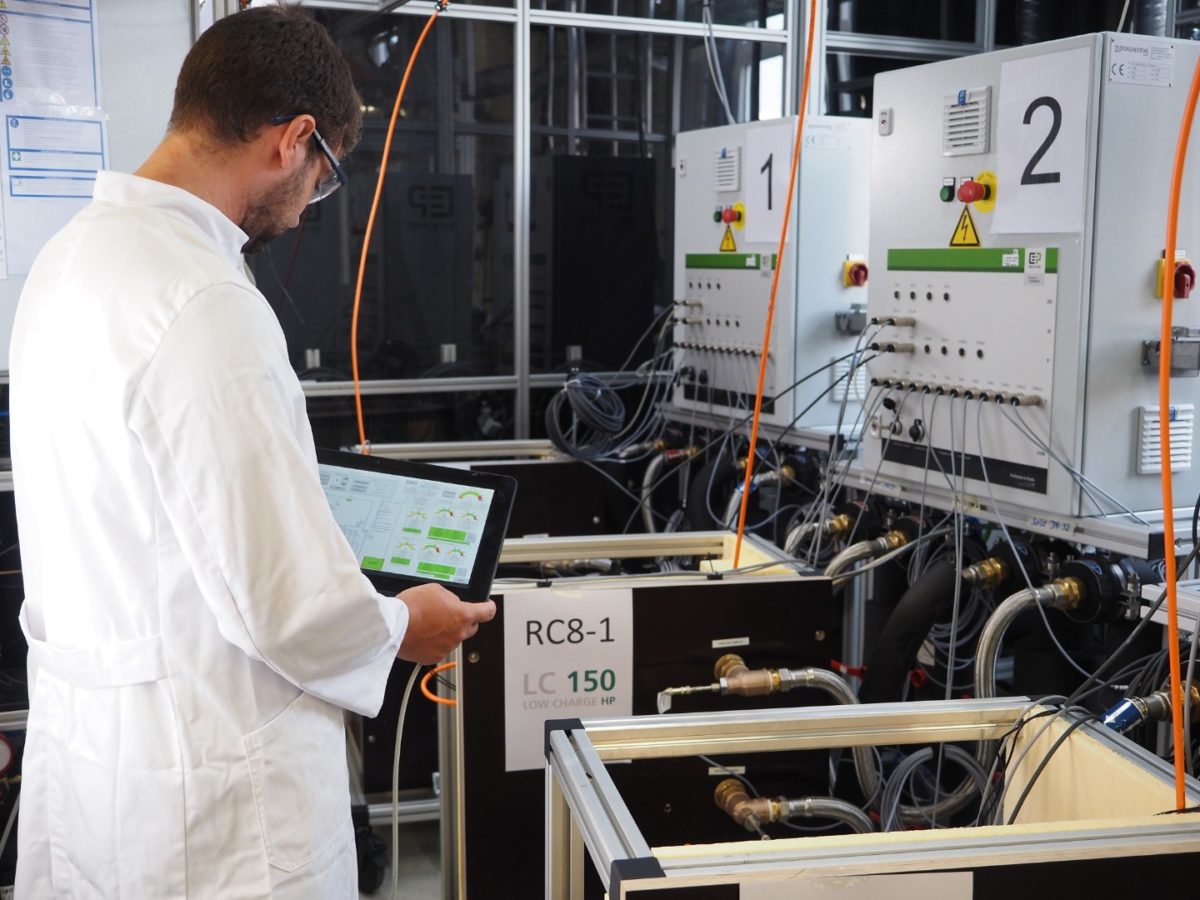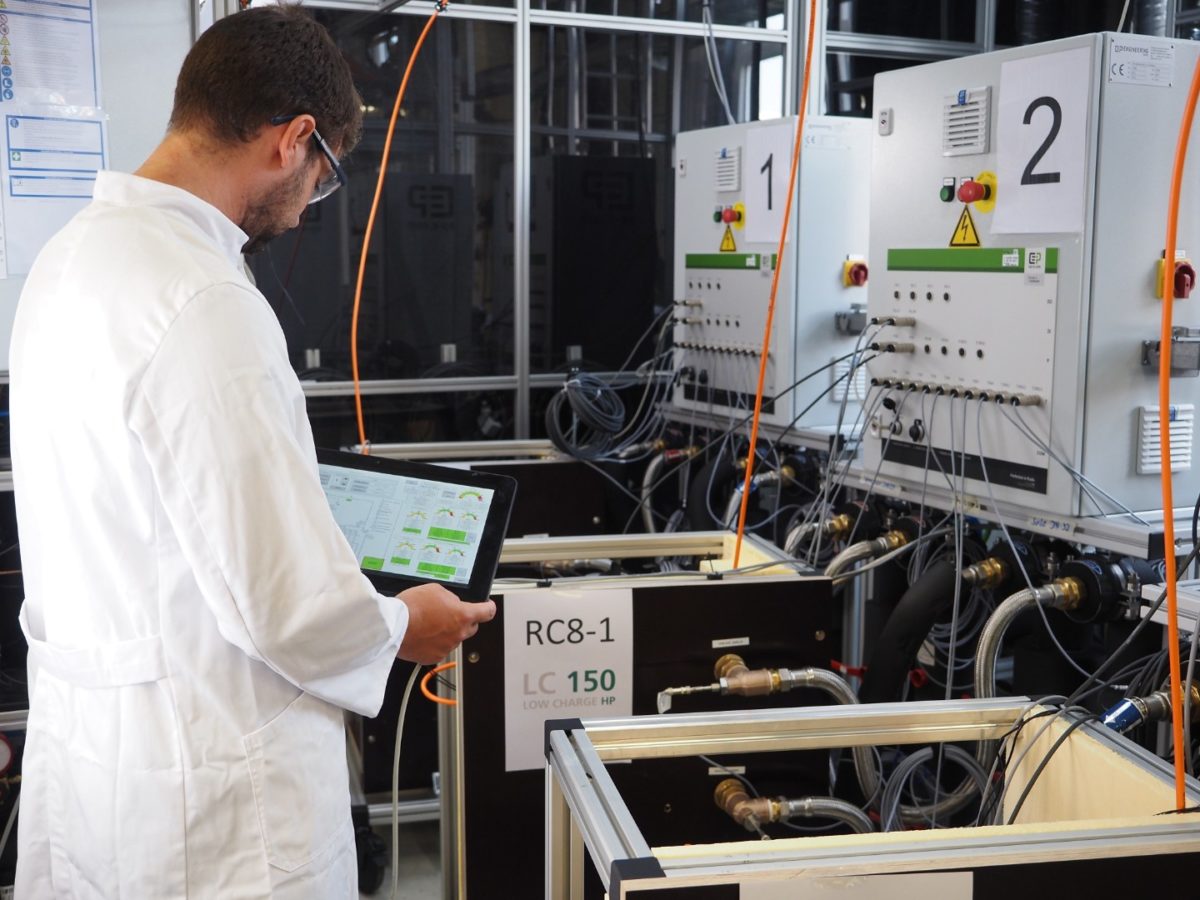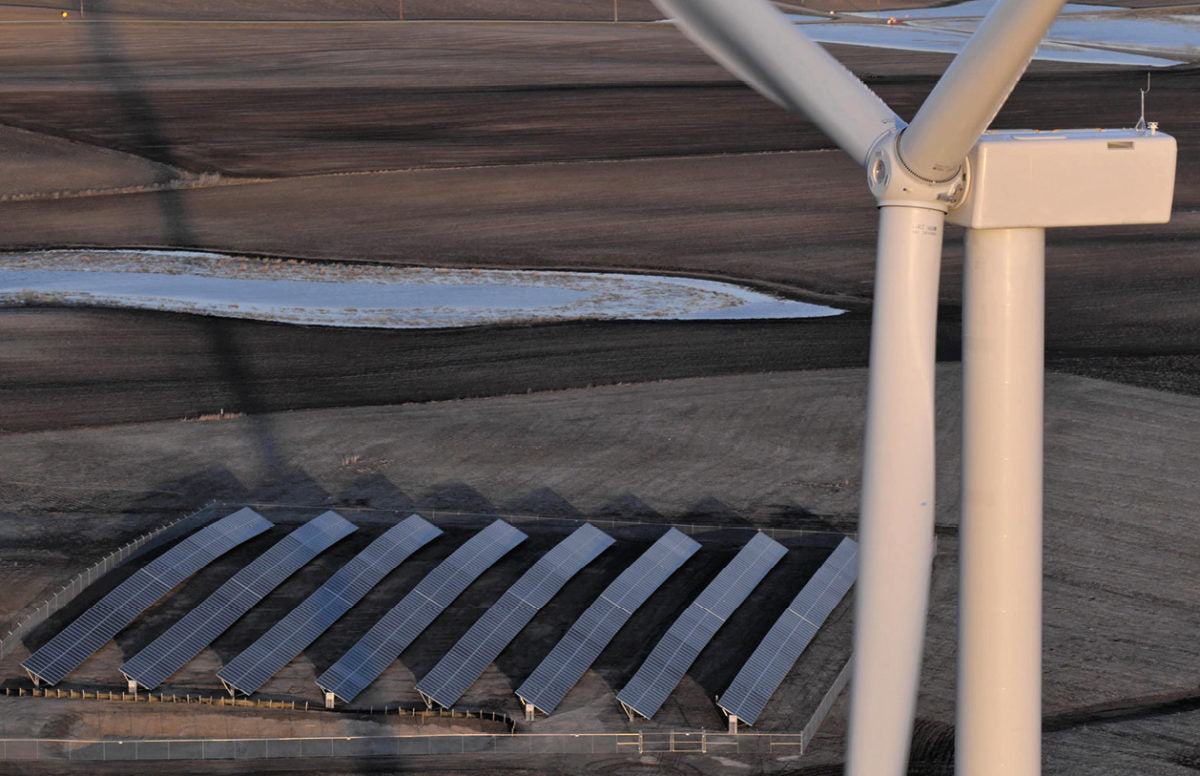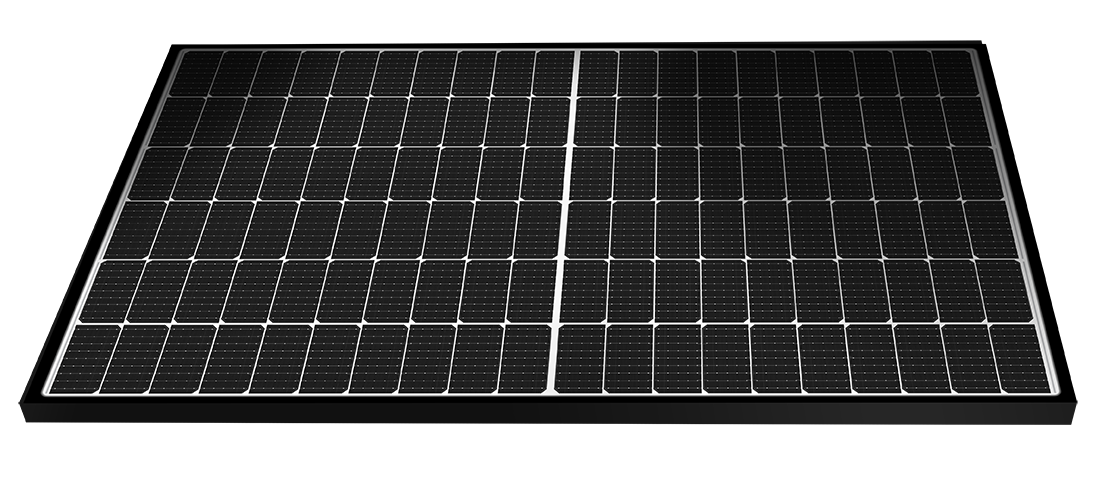https://www.pv-magazine.com/2022/12/28/fraunhofer-ise-to-develop-propane-heat-pumps-for-residential-homes/
Fraunhofer ISE to develop propane heat pumps for residential homes

Image: Fraunhofer ISE
Researchers at Germany’s Fraunhofer Institute ISE, together with a consortium of heat pump manufacturers and housing industry experts, have revealed plans to develop heat pumps for residential homes with R290 propane as the refrigerant.
The LC R290 – Low Charge Heat Pump Solutions project aims to “develop easy-to-use solutions that can be propagated to replace gas and oil heating systems in existing multi-family houses,” Fraunhofer ISE said in a statement.
Dr. Lena Schnabel, head of the department of heating and cooling technologies at the research institute, said that propane has become a recognized refrigerant for the heat pump industry. She noted that it is now widely used for heat pumps installed outdoors. “What we need now are solutions that can be easily implemented indoors as well,” she added.
The consortium will develop heat pumps for single-floor heating systems, indoor central heating systems, and high-performance outdoor heating pumps. Safety will be a key concern for indoor heating applications. The team will build on Fraunhofer’s development of a heat pump refrigeration circuit using less than 150 g of propane to ensure adequate heating capacities, while using low amounts of the highly flammable refrigerant.
The team said it wants to develop heat pumps with a higher heating capacity to replace indoor central heat systems, to build on the results of the LC150 project and reduce propane use in larger-capacity heat pumps. They will also study how to interconnect and control several heat pumps in a single home, while testing a range of safety concepts.
Popular content
For outdoor high-capacity systems, the researchers will focus on optimizing refrigerant reduction, defrosting, and safety features. “The aim is to be able to implement larger outputs with the same footprint and safety zone through refrigerant reduction and improved defrosting, thus facilitating the installation of these systems in urban areas,” said Fraunhofer ISE.
The research-industry consortium structure will try to fast-track the solutions to commercialization. The participating heat pump manufacturers will be able to incorporate the solutions into their own product development. Production volumes at the fab scale should offer significant cost reduction potential for the new solutions, according to Fraunhofer ISE.
“The participating companies will have access to all project and measurement results during the project period, as well as indirect use of the test facilities and the experience of Fraunhofer ISE in dealing with propane,” said project leader Katharina Morawiez. “Ideally, the development advantage for the participating manufacturers is additionally secured by industrial property rights (patents, utility models, design protection).”
The LC R290 project has received €7 million ($7.4 million) in funding from the German Federal Ministry of Economic Affairs and Climate Action.
This content is protected by copyright and may not be reused. If you want to cooperate with us and would like to reuse some of our content, please contact: editors@pv-magazine.com.



